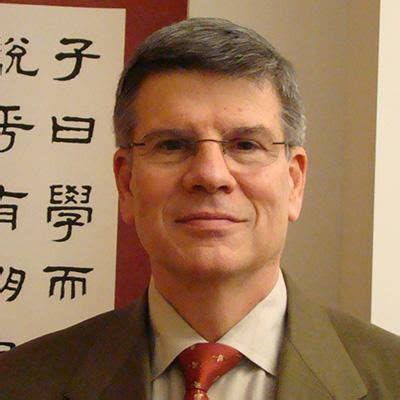A Quote by Manning Marable
Malcolm X was the first prominent American to attack and to criticize the U.S. role in Southeast Asia, and he came out four-square against the Vietnam War in 1964, long before the vast majority of Americans did.
Related Quotes
Every book that comes out, every article that comes out, talks about how - while it may have been a "mistake" or an "unwise effort" - the United States was defending South Vietnam from North Vietnamese aggression. And they portray those who opposed the war as apologists for North Vietnam. That's standard to say. The purpose is obvious: to obscure the fact that the United States did attack South Vietnam and the major war was fought against South Vietnam.
As the CIA tried to find itself, the threat of international terrorism emanating from the Middle East, Africa, North Africa and Central and Southeast Asia grew with each strike: the first World Trade Center attack in 1993, the bombings of U.S. embassies in Kenya and Tanzania in 1998, and the 2000 attack on the U.S.S. Cole.
I think in many ways, the Spanish Civil War was the first battle of World War II. After all, where else in the world at this point did you have Americans in uniform who were being bombed by Nazi planes four years before the U.S. entered World War II? Hitler and Mussolini jumped in on the side of Francisco Franco and his Spanish nationalists, sent them vast amounts of military aid, airplanes, tanks - and Mussolini sent 80,000 ground troops as well - because they wanted a sympathetic ally in power. So I think it really was the opening act of World War II.
We understand that Nixon's aggression against Vietnam is a racist aggression, that the American war in Vietnam is a racist war, a white man's war...We deplore that you are being used as cannon fodder for U.S. imperialism. We've seen photographs of American bombs and antipersonnel weapons being dropped, wantonly, accidentally perhaps, on your heads, on the heads of your comrades.
Malcolm X broke with the N.O.I. in March 1964, and in that last 11 chaotic months, he spent most of the time outside of the United States. Nevertheless, he built two organizations in the spring of 1964. First, Muslim Mosque Incorporated, which was a religious organization that was largely based on members of the N.O.I. who left with him. It was spearheaded by James 67X or James Shabazz, who was his chief of staff. Then secondly was the Organization of Afro-American Unity.


































